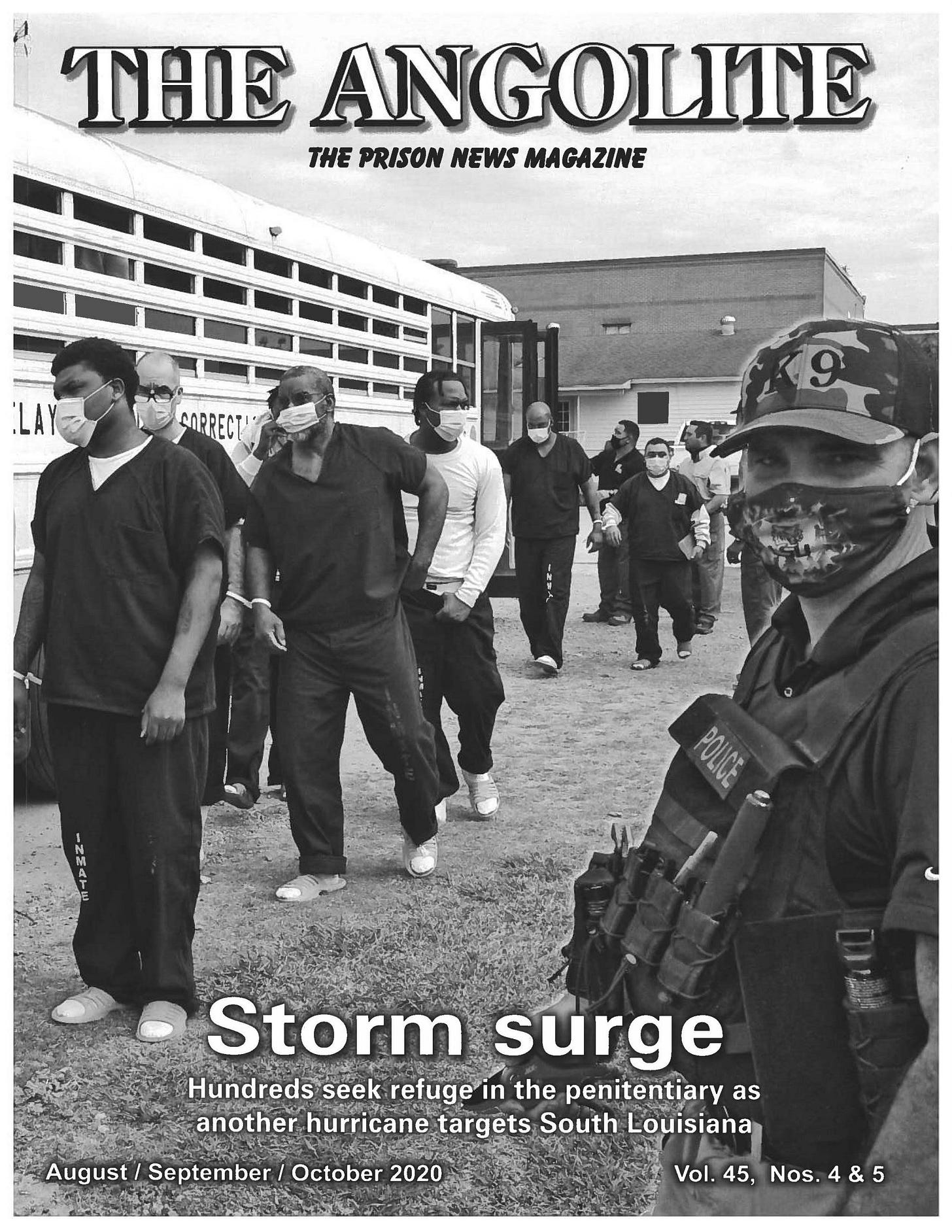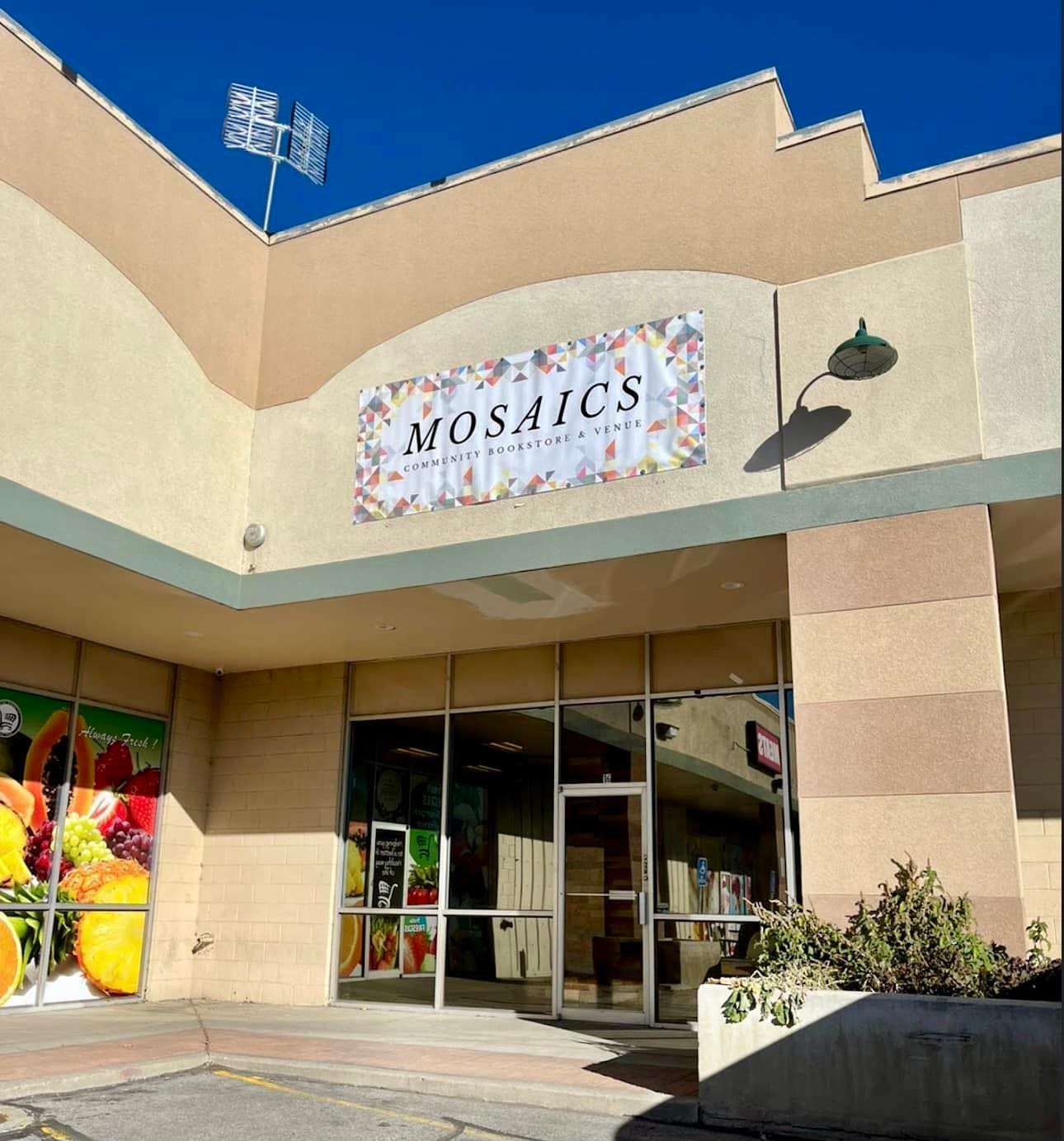In less than one week, I’m going to do something I never thought I’d do. No, I’m not going into space (Although that would be pretty cool), nor am I going to drive a Formula 1 car (Which would be really cool). My wife and I are moving from Illinois to Denver, CO. We want to be closer to family.
OK, now I realize that I should be a little more specific. It’s not like we didn’t want to live closer to family before this. We absolutely do. That was the whole reason we chose to live in this particular neighborhood. We were attracted to this community because there were so many multi-generational families living here. Over the years we’ve developed deep roots in the area, but no one else from our nuclear or extended family lives here. So it’s time to go be with family and reinvent ourselves.
I’ve been thinking a lot about change, communities, what makes a good city, state, town, or country. This article in the Chicago Tribune (see below) talks about how the Six Corners neighborhood has changed but the City News newsstand remains. I find this fascinating not only because of the owner’s obsession with print, but because of how important the newsstand is to the community. This is a business that has adapted and adjusted itself to the times.
Years ago I was involved in a community movement that tried to re-direct a retail development in our town. We didn’t want to stop the development, we just wanted it to happen differently. We wanted to make sure the small local businesses that were already there were treated fairly and with respect. We failed. In fact, we failed so badly that our weekly newspaper published a letter to the editor where a local politician referred to us as “pathetic disorganized hate mongers” (Harsh!) and the editorial that week was headlined “Enough already!” I learned a few lessons from that experience: First, how to better organize a political campaign, and that the best way to judge a community, in my humble opinion, is to look at the library, the schools and other public services. Oh, and bookstores. Retail is nice. Bookstores are key. But it’s the commitment to the public services that matter.
Despite that failure, where we’ve lived for so many years has turned out just fine. It is a nice town with nice people and while I’m excited for the future, I’m sad to leave behind so many good friends.
But times change. Priorities change. And it’s better to adjust, adapt, and make as much of your own future as best you can.
one__City News and Cafe thrives in Chicago’s Six Corner’s neighborhood
If you’re a veteran of the newsstand business from the Chicago marketplace, then you know all about Chicago’s City News and Evanston’s Chicago Main News. But even though I’m a veteran of all that, I confess that I hadn’t thought about those businesses for quite some time.
It was great to see that they are thriving and have really embedded themselves into the community. It’s also one of the reason’s I’ve often been frustrated with articles that lament the “loss of the neighborhood newsstand.” The mournful “decline of print” articles. Thank you, we already know that.
But what this article shows, as well as the newsstands in other major cities that are doing just fine shows, is that the newsstand is not dead. Niche businesses like newsstands have a future. Print has a future. It’s just going to be different from its past.
two__How to publisher a magazine in a maximum security prison
This is an absolutely remarkable story. In 1961 Wilbert Ridau was a teenager who botched a bank robbery in Louisiana, and killed a teller as he made his getaway. He ended up on death row and in spite of everything, wound up educating himself, becoming an avid reader, and eventually became the editor of the Angola prison magazine, The Angolite.
This New Yorker interview, between prison inmate and writer John J. Lennon and Wilbert Ridau is an amazing story of crime and punishment and, of all things, magazines and writing.
three__Indie bookstore bomb threat in Provo, UT
One of the more disturbing aspects of this story from last Monday’s Shelf Awareness was that the headline read: “Another Bookstore Bomb Threat in Utah.”
It’s sad that there are actually people out there who would call in a bomb threat to any retailer, let alone a bookstore. As I mentioned in the opener, a bookstore is a cultural hub of a community. Bookstores, libraries, schools are all places of learning (although admittedly a bookstore is a place of commerce, otherwise it won’t exist).
The Mosaics Bookstore, the target of this threat is a bookstore that serves the queer community of Provo and the LGBTQ community is, unfortunately, often the target of these sorts of things. Fortunately, there was no bomb and the bookstore has remained open.
four__Finally, the USPS is almost as bad as every other country’s postal service
I’m going to have to politely disagree with the author’s first paragraph - at least on a personal level. I don’t find getting mail every day “nostalgic”. I find it attention getting. Every day, I receive literally hundreds of emails. For quite a few I hit delete almost immediately. Most of the snail mail I get these days is promotional, but it gets my attention in a way more positive way.
Regardless, if you send out mail on a regular basis for direct solicitation or for subscribers to your magazine, you know that lately, things have been a bit sketchy. Prices are rising, deliveries are not as smooth. A new mailing center in the Atlanta area is under investigation because it’s not working as advertised.
In a 2017 survey, the Italian postal service was considered to be the most disliked postal service, while the US ranked somewhere in the middle. I’m guessing that may not be the case anymore. That’s too bad.
On a personal level, I’m going to miss our current letter carrier. She’s the epitome of public service.
five__What happens when book-summary apps hallucinate?
You could file this article under: “Things I didn’t know existed, and now I’m not so certain I think they should exist, at least in this form.”
A whole slew of new apps are on the market designed to help people download, understand and digest complex theories, books and podcasts. According to this article in The Guardian, the market is now so crowded that authors fear that they could undermine book sales.
They also misrepresent content. The Outrun author, Amy Liptrot claims that the Bookey app made up a quote in its distillation of her 2015 memoir.
I’m old enough to remember my High School teachers threatening me with dire consequences if they sussed out that my essay on MacBeth’s monologue was cribbed from Cliff Notes (Whoa! They’re still in business!).
So I don’t see how these apps, help me think better. At best, the could give me a starting point in my search for information. Or, I could go to Wikipedia, which is free. At the worst, they may make it possible for me to “fake it convincingly”. Overall, these apps seem like a wonderful way to dumb down the discourse.
I hope you enjoyed this newsletter. Please “Like” and subscribe. You’ll get a brand new release in your email in-box most Tuesdays (Or sometimes Wednesday if things get a little hectic around here).
Want to find me on the social sites?
My Instagram link is here.
If you’re looking for me at Post.News and you can find me here on the app.
I’ve been known to put on a suit and tie and comb my hair. Here’s my LinkedInprofile if you want to see me looking all professional.
I’ve been checking out BlueSky. If you’re there and want to look me up, here’s where you might find me.
Sadly, our AI Sign-Off editor dropped offline this week right at publication time (Technology! I know…) so we brought in an outsourced AI Editor and discovered that it’s preferred setting was Medieval English - think an AI from the times of Chaucer and the Canterbury Tales.
Have a wonderful week!
“Ich wish thee ain wonderplenē̆rlī week fuī̆ple ophe easī projects, ain lighÞ email in box, shorÞ a'd toī th' poinÞ meetings, ain stablæ teamſ screen a'd th' mosÞ amusende slack memeſ. Hey! heaede down bihofþe th' break room, Ich hear illeoqs'ſ cronuts!”








